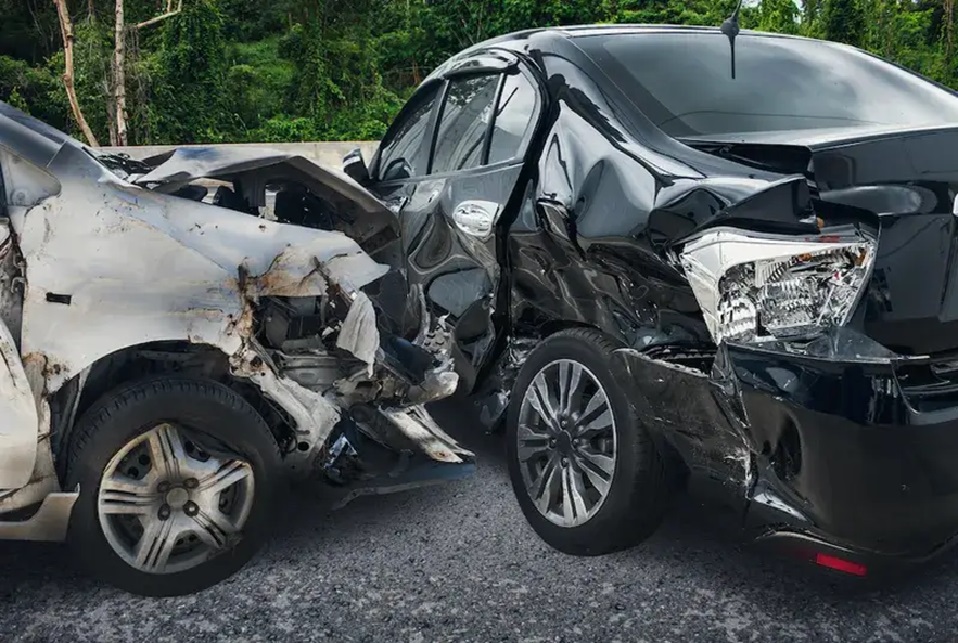Tag: Insurance companies

How to Negotiate with Insurance Companies After an Auto Accident
Being involved in an auto accident can be a traumatic experience, and dealing with insurance companies afterward can often add to the stress. Understanding how to effectively negotiate with your insurance company is crucial to ensure you receive the compensation you deserve for your injuries, vehicle damage, and other losses.Read More

Understanding Comparative Negligence in Personal Injury Cases
When it comes to personal injury claims, determining who is at fault is not always straightforward. In many cases, multiple parties may share responsibility for the accident. This is where the concept of comparative negligence comes into play. Understanding how it works can help you better navigate your case andRead More